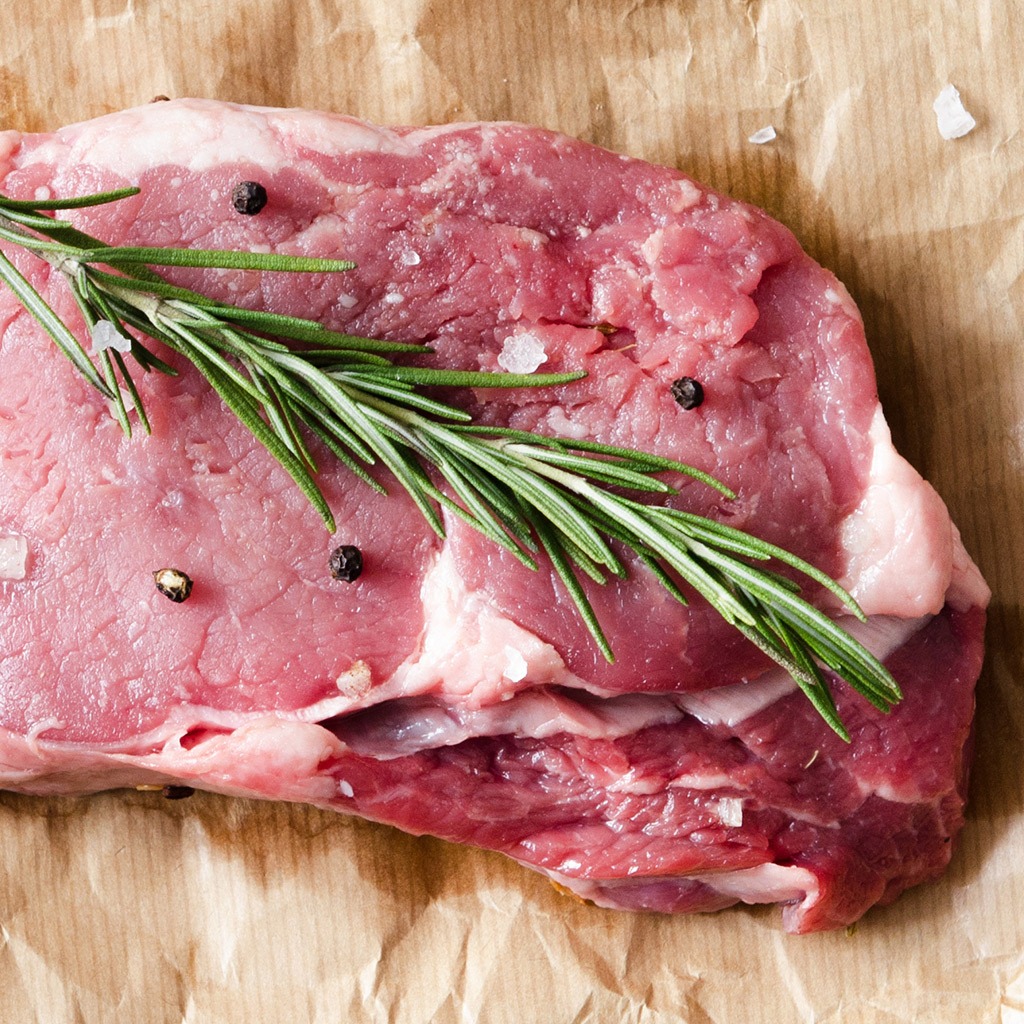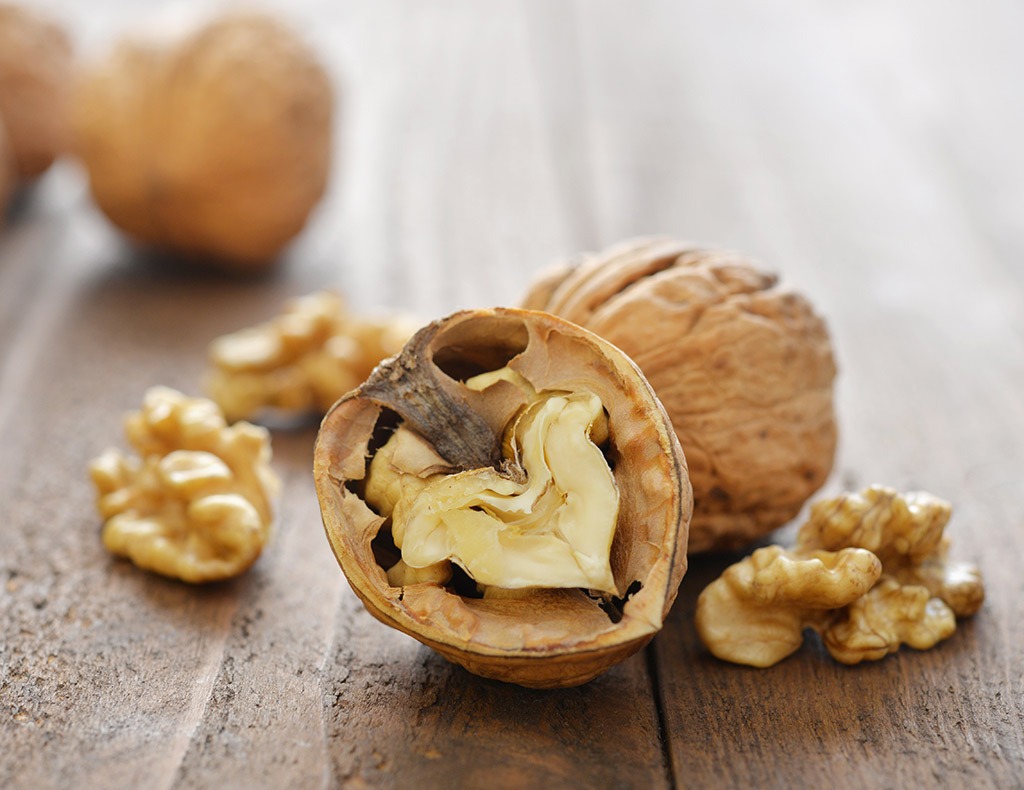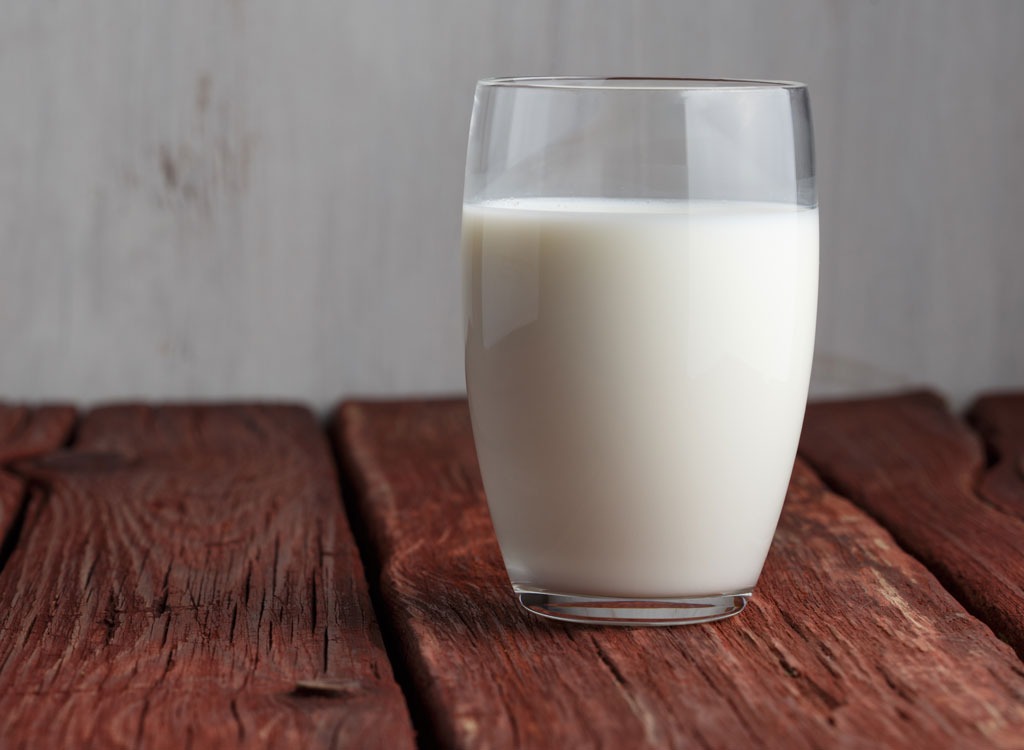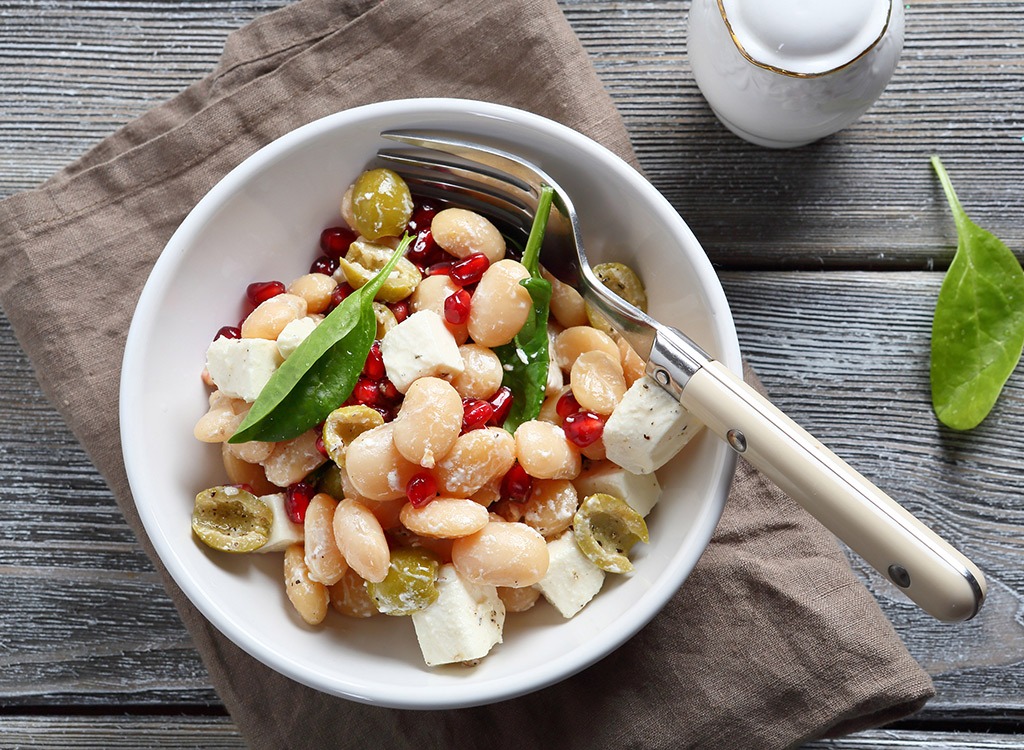Best Foods to Eat In Your 20s

The same logic holds true for your diet. Even if you manage to lose weight on a diet of Skittles and hot dogs the first two decades of your life, that won’t work forever (sorry) and now is the best time to clean up your act. Brace yourself: metabolism starts to slow by as much as four percent each year after age 25, so if you’re in the habit of feeding yourself garbage, it’s only a matter of time until it catches up with you. What’s more, twentysomethings are especially susceptible to certain dietary shortcomings and smart eating challenges that, if left unaddressed, can lead to weight gain, disease and emotional distress in the short and long term.
To set yourself up for long, healthy life—in a body you’ll want to show off—incorporate the nutrient-packed foods below into your diet—and be sure to share what you learn with your friends. This is the one nutritional guide every twentysomething needs to read.
Sweet Potatoes

Key Nutrient: Potassium
How Much You Need: Women and Men: 4,700 mg
Why It’s Important: Most women in their 20s get less than half the recommended intake a day, according to the USDA. Men of the same age also fall short, consuming about 60 percent of the recommended intake. Though bananas are probably the best known source of the nutrient, they aren’t the most potent. On average, sweet potatoes cost less than a dollar per pound (an added bonus for college kids and recent grads on a tight budget) and provide nearly 20 percent of the day’s potassium for just 162 calories.
What It Does for You: Potassium keeps the heart functioning properly and flushes out the excess salt that tends to come along with a diet laden with processed and fast foods—two things many twentysomething can’t get enough of (we’re looking at you, ramen). In addition to flushing out excess sodium—which keeps bloating at bay now and wards off high blood pressure and stroke later in life—sweet potatoes are also a good source of fiber, a nutrient that aids weight loss efforts and reduces the risk of type 2 diabetes.
Lean Grass- Fed Beef

Key Nutrient: Iron
How Much You Need: Women:18 mg, Pregnant Women: 27 mg, Men: 8 mg
Why It’s Important: Twentysomething men and women are both in need of iron, a nutrient that transports oxygen throughout the body and wards off fatigue, and it’s plentiful in grass-fed beef.
What It Does for You: Women need more of the mineral than guys to make up for the amount they lose during menstruation—and that number goes up during pregnancy to create extra blood for both mom and baby. Though beef is ideal for filling this nutritional need, it offers more than just iron: Beef packs a hefty serving of both protein and creatine. These vital nutrients can help you not only build that lean look you crave now, but also protect your tendons and joints as you age. Just three ounces of beef contains about three milligrams of iron and 20 grams of protein.
Walnuts

Key Nutrient: Omega-3s
How Much You Need: 500 mg
Why It’s Important: Though being in your twenties can certainly be fun, it’s also a decade of uncertainty that’s often characterized by professional shortcomings, financial debt and romantic misadventures. No wonder men and women in this age group are particularly susceptible to depression.
What It Does for You: While you may not be able to avoid hardships and missteps, you can counteract how it affects you emotionally by supplementing your diet with omega-3-rich foods—like walnuts—that amp up feel-good neurotransmitters in the brain. Researchers say this mighty nut can also ward off prostate, lung and colorectal cancers, so adding it to your diet can benefit your health both now and later down the road. A quarter-cup is just 131 calories and provides a day’s worth of omega-3s. Nosh on them solo or add them to oatmeal and salads to reap the benefits.
Vitamin-D Fortified Cow’s Milk

Key Nutrient: Calcium, Vitamin D
How Much You Need: Calcium: 1,000 mg, Vitamin D: 600 IU
Why It’s Important: After you enter your thirties, your skeleton density is pretty much set, so if you want to have strong bones for life, you should load up on calcium and vitamin-D. While you’ve likely heard about the skeleton-strengthening benefits of calcium, your body can’t reap the full benefits if it doesn’t get enough vitamin D.
What It Does for You: Drink two 8-ounce glasses of 1% vitamin-D fortified milk daily. Chug it plain, add it to cereal, or mix it into your coffee; it really doesn’t matter how you drink it—just do it. This ensures you’re getting at least half of the recommended daily intake of each nutrient.
White Navy Beans

Key Nutrient: Folate
How Much You Need: 400 mcg
Why It’s Important: Women in their twenties don’t tend to get enough folate, and those who heavily consume alcohol (like many college kids and young adults) may have trouble absorbing the nutrient.
What It Does for You: Your body replicates 144 billion cells every day, and folate plays a major role in this process. If you don’t get enough of the B-vitamin, you increase the odds your body will produce irregular strands of DNA, which can lead to cancer later in life. While the best natural food source of folate is chicken liver, that’s a pretty hard order to stomach. Your solid second choice is white navy beans. They’re not only easy on the wallet and a great source of vegan protein, but also packed with just under 25 percent of the recommended folate intake in a half-cup. Add beans to salads, stir fries, burritos, or serve with a Tex-Mex-style omelet filled with tomatoes, onions and peppers.








